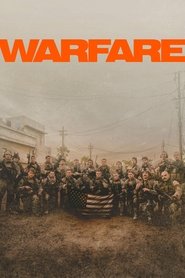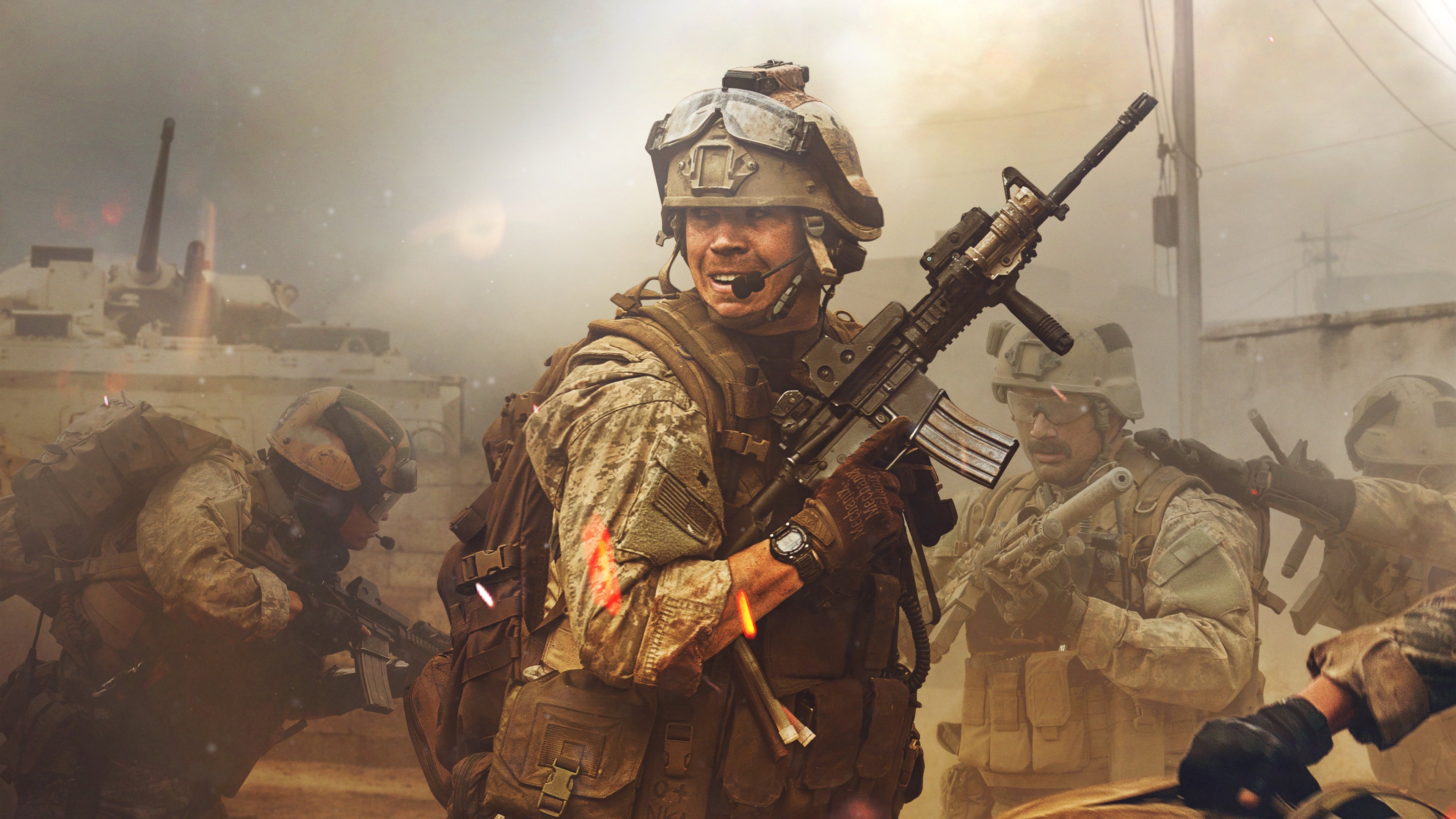Watch Warfare (2025) Movie

A platoon of American Navy SEALs in the home of an Iraqi family overwatches the movement of US forces through insurgent territory.

Everything is based on memory. - u.s. navy seal
## The Whispers of Dust and Diesel: A Different Kind of Warfare in "Whisperwind"
Fantasy and science fiction often collide, but rarely with the grim, gritty realism of the subgenre I’m tentatively calling "Diesel-Apocalyptic." And while "Whisperwind," the indie RPG currently generating buzz, avoids the outright apocalyptic label, its depiction of warfare is refreshingly unique, offering a bleakly beautiful take on conflict shaped by dust, desperation, and the echo of forgotten magic. Forget gleaming swords and laser blasts; in Whisperwind, war is a slow, grinding attrition, fought with jury-rigged machines, scavenged resources, and a chilling reliance on psychological manipulation.
The core of Whisperwind’s unique warfare lies in its setting: the Dustlands, a once-fertile region choked by a mysterious, eternally-shifting dust storm. This oppressive environment dictates almost everything, from the technologies that thrive to the strategies employed. Armies aren’t pristine formations marching in lockstep; they are cobbled-together caravans of patched-up vehicles, constantly battling mechanical failure and the ever-present threat of the Dust's suffocating embrace.
What makes Whisperwind particularly interesting is its blend of technology and residual magic. While not overtly magical in the traditional sense, the Dustlands are saturated with what the locals call “Resonance.” This residual energy allows for the creation of crude, but effective, augmentations and enhancements to existing technology. Think diesel engines that roar with unnatural power, or scavenged radio equipment used to project phantom signals that sow confusion and discord amongst enemy ranks.
This reliance on Resonance leads to a warfare deeply rooted in psychological manipulation. Soldiers are often equipped with “Whisper Cages,” devices that amplify ambient sounds and distort voices, creating a cacophony of paranoia and fear. Imagine the mental toll of hearing the distorted cries of your fallen comrades, or the unsettling feeling of being constantly watched and listened to, even in the supposed safety of your own vehicle.
The strategic landscape is equally compelling. Supply lines are precarious at best, making resource control paramount. Instead of massive sieges, combat often unfolds in tense skirmishes over vital water sources or abandoned refineries. Ambush tactics are favored, utilizing the Dust as a natural camouflage, and the reliance on scavenging means that technological innovation is often born of necessity, leading to bizarre and unpredictable battlefield adaptations.
Forget heroic charges and valiant last stands. Whisperwind's warfare is about survival, calculated risk, and the relentless erosion of morale. Commanders are judged not on their tactical brilliance, but on their ability to maintain order and discipline in the face of overwhelming adversity, and to inspire hope in a landscape that seems determined to crush it.
Furthermore, the ethical ambiguities are stark. Desperate for survival, factions engage in morally questionable tactics. Propaganda is rife, twisting reality to demoralize the enemy and maintain support at home. Civilian populations are caught in the crossfire, often forced to choose sides in a conflict they barely understand.
Whisperwind isn't just about battling enemy soldiers; it's about fighting the environment, battling dwindling resources, and grappling with the psychological toll of a war fought in the shadows of a dying world. It's a refreshing departure from the typical heroic fantasies and sci-fi space operas, offering a gritty and thought-provoking exploration of human resilience and the devastating consequences of conflict in a world choked by dust and whispers. It begs the question: what are we willing to do to survive, and what price are we willing to pay for victory in a world where hope is a dwindling resource?
This unique blend of elements makes Whisperwind a compelling and disturbing look at warfare, one that deserves attention and will likely influence the genre for years to come. The whispers of dust and diesel are calling, and they tell a story far darker and more nuanced than we’ve heard before.

إرسال تعليق